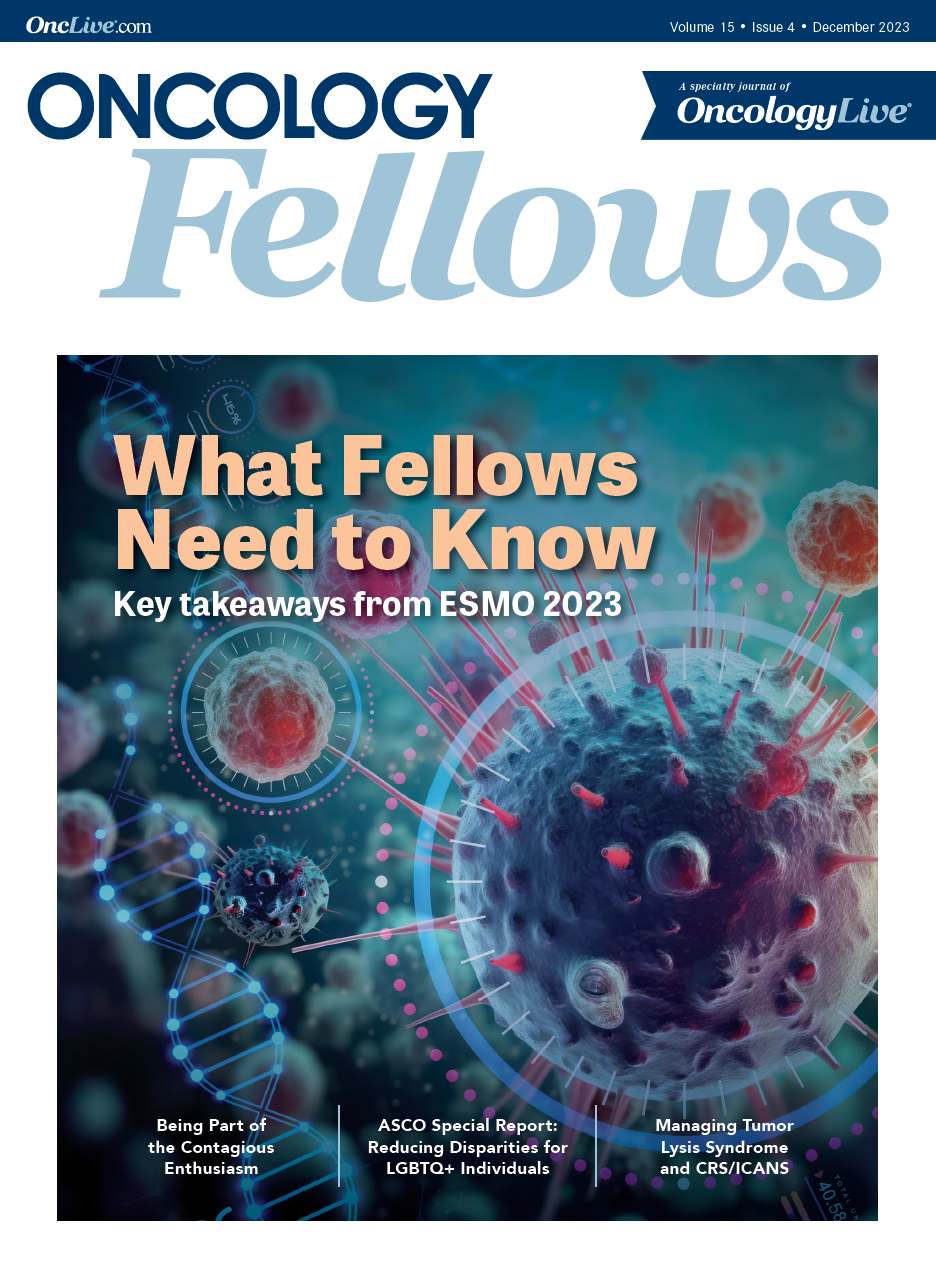The Heart and Soul of a Job Interview
It is never too early to think about interviewing for your next opportunity. Even if you have already committed to your next career move, learning how to interview will serve you well as you may be considered for different positions within the organization.
Jill Gilbert, MD

It is never too early to think about interviewing for your next opportunity. Even if you have already committed to your next career move, learning how to interview will serve you well as you may be considered for different positions within the organization.
Interviews can be incredibly stressful. But truthfully, it is about knowing yourself and preparing for certain questions. I find it helpful to reframe the interview process as a conversation (rather than an examination) between 2 people about something you are an expert in: yourself.
In addition to self-reflection, it remains important to understand the values, the mission, and the goals of the organization of which you aspire to be a part. Read the mission statement and the credo. The ability to demonstrate that your vision and core values align with those of the organization is truly what an interview is about. Organizations are also looking to evolve and grow. The ability to demonstrate your willingness to embrace an organizational growth endeavor can also differentiate you from other candidates.
There are several common topics that you should be prepared for in any interview:
Interviewers often ask you to tell them about yourself and to describe your background.
When answering this question, think about the factors that have influenced your life and made you the physician you are. This is not a question that requires you to verbally recap your CV. The interviewer wants you to cogently describe what influences brought you to this point in your career and how your past experiences guide your present aspirations.
Interviewers may ask why you are applying to their organization.
Refrain from using general statements such as “because you have cutting-edge research and clinical care.” If someone in particular asked you to apply, then mention their name. Again, it is important to show that you have researched the organization and that your goals align with those of the organization. Ultimately, this should be the reason that the job resonates with you. Although geographic desirability may be a component of the answer, it is not a sufficient stand-alone reason.
Interviewers also like to see how you handle pressure.
They may ask you a question about your style for handling high patient volumes, busy call nights, or funding pressures, depending on the type of position you are interviewing for. Regardless, they are interested in concrete examples of how you rise above the chaos of practicing hematology and oncology to deliver the best care or work product possible.
Organizations are very interested in teamwork.
Teams do not solely comprise physicians, but can also be composed of nurses, support staff, allied health professionals, and so on. Think about your style and be able to discuss an experience working in a high-functioning team and an experience working in a dysfunctional team. Avoid discussing individuals but instead, keep the focus on yourself and what you took learned from the experience.
Prepare questions for the interviewer that are not generic.
Avoid bland, nonspecific questions that could apply to any organization. As a job candidate, you should demonstrate a mature sense of inquiry that is tailored to the opportunity. Depersonalized questions, such as “What changes do you expect next year?” often indicate a lack of knowledge about the institution and an underdeveloped sense of inquiry. If you are looking to understand what changes may occur, try to be more specific and say something like, “I see that there are multiple construction areas around the medical center. What is the organization’s plan to expand its hematology-oncology footprint in the community?”
In addition to anticipating questions, other items to consider include your physical appearance for an interview. It is important to make eye contact, to demonstrate open and engaged listening skills, and to dress professionally. I will never forget the interviewee who wore a short-sleeved polo shirt for a faculty job interview on Zoom. He may have said many wonderful things, but the disrespect he showed for the interview process overshadowed any impactful conversation.
Be cognizant of how you interact with the office or administrative staff; it holds great import regarding your ultimate ability to receive a job offer. I remember interviewing fellow candidates who seemed fantastic during the interview session, but were dismissive and rude to our staff. Their inability to interact respectfully with someone who was hierarchically different in the organization ultimately influenced our willingness to hire them, despite their research potential.
Finally, and especially if you plan to stay in the same organization in which you are training, your interview day starts the first day that your fellowship starts. Every day is an opportunity to make a great impression.
Jill Gilbert, MD, is a professor of medicine and director of the Hematology/Oncology Fellowship Program at Vanderbilt University Medical Center in Nashville, Tennessee.




